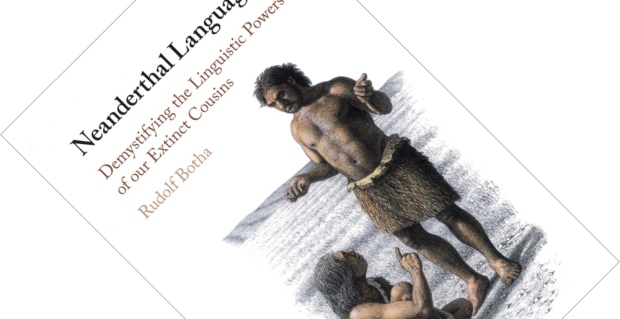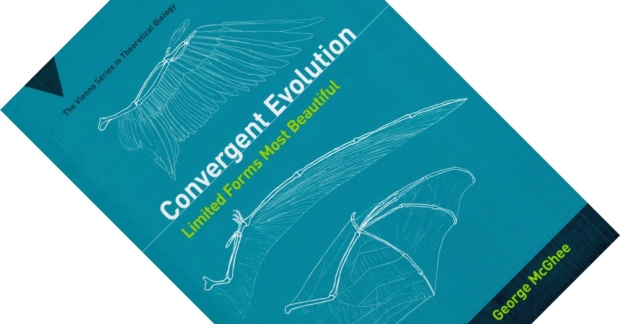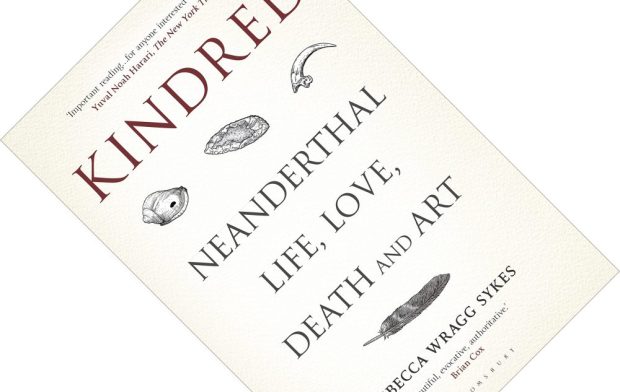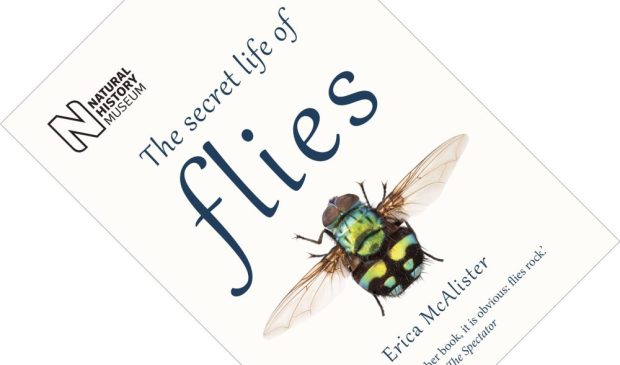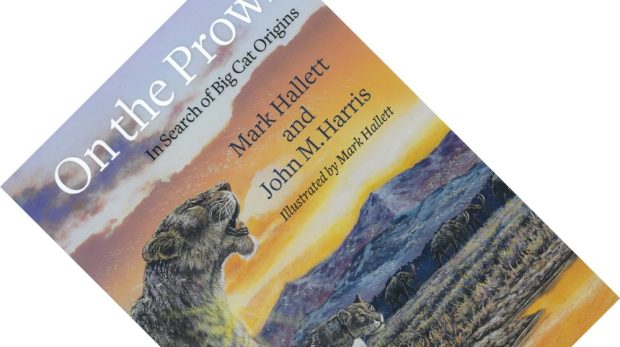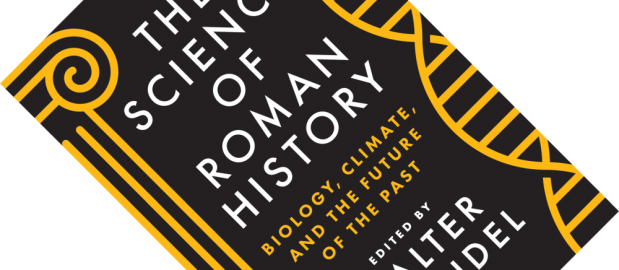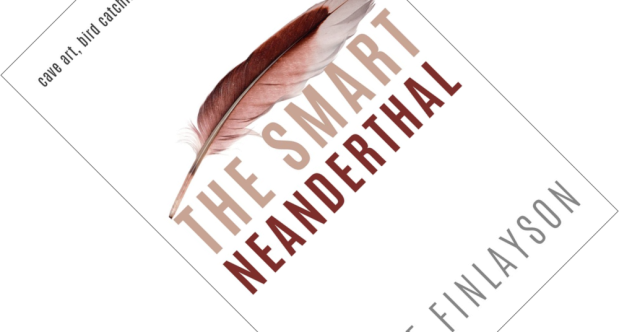7-minute read
Where do humanity’s evolutionary roots lie? The answer has long been “in Africa”, but this idea is being challenged from various sides. I previously reviewed Begun’s The Real Planet of the Apes as a warming-up exercise before delving into this book. My conclusion was that its discussion of archaic ape evolution, although proposing that species moved back and forth between Africa and Eurasia, ultimately did not really challenge the Out of Africa hypothesis. Not so Ancient Bones. German palaeontologist Madeleine Böhme, With the help of two co-authors, journalists Rüdiger Braun and Florian Breier, firmly challenges the established narrative in an intriguing book that is as outspoken as it is readable.


